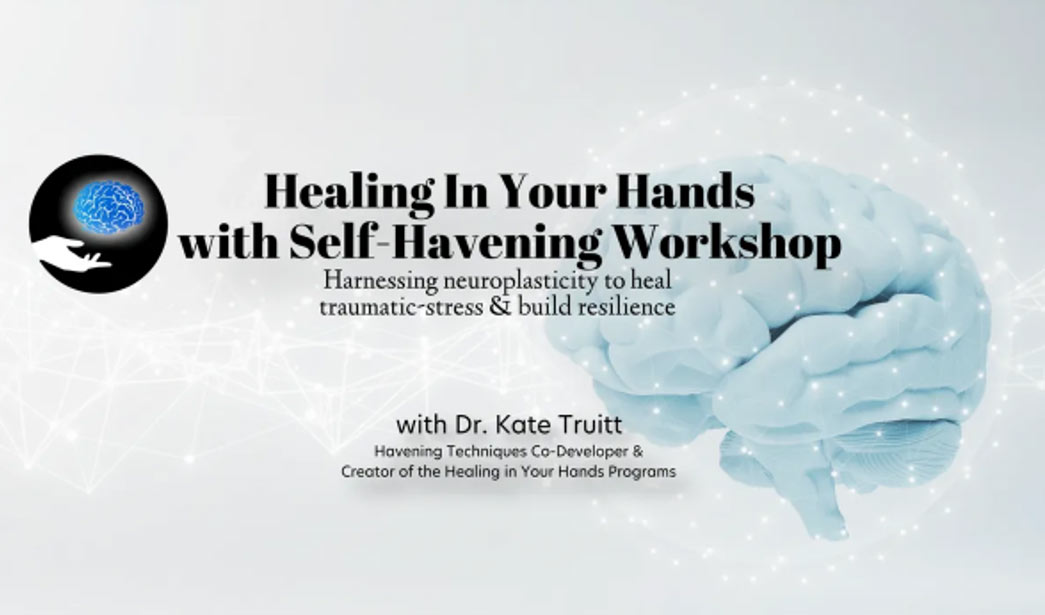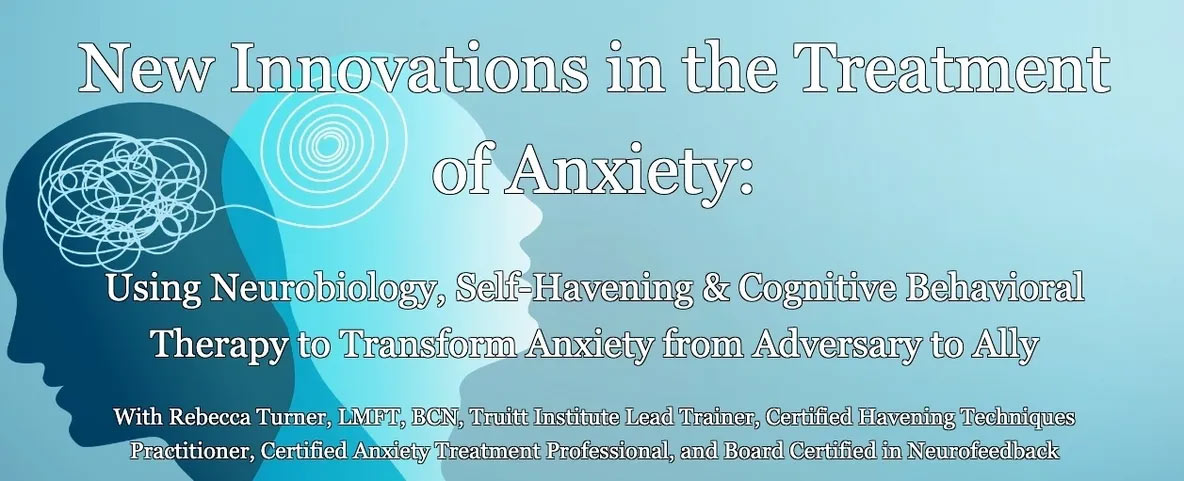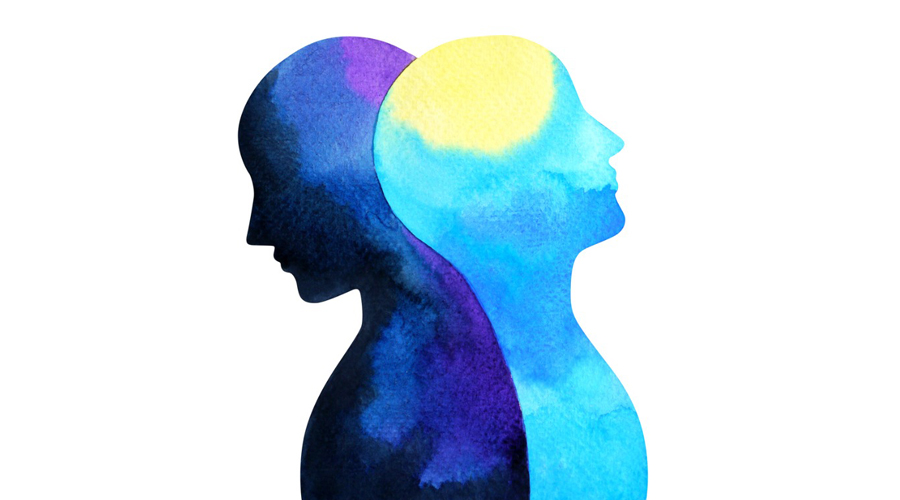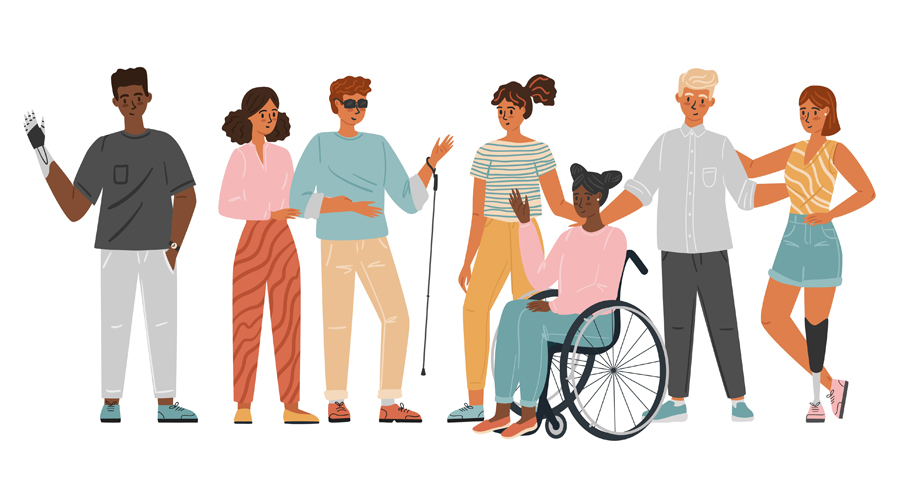Prioritizing Your Self-Care During the Holidays while Promoting Well-being for Your Clients
By Dr. Kate Truitt
As mental health professionals and advocates, we have chosen a path that allows us to make a profound impact on the lives of others. Our work is driven by a genuine desire to support individuals as they navigate their own journey of self-love, growth, and healing. While this role is immensely rewarding, it is also important to remember that our ability to uplift and guide others is dependent on our own well-being, particularly during the holidays when work demands, client needs, seasonal blues, family pressures, personal expectations, and holiday stress can all be happening at the same time.
In this blog, we’ll explore some self-care strategies specifically tailored to mental health professionals, as well as highlight three exciting workshops that can help you enhance your therapeutic offerings and further assist your clients.
Understanding the Importance of Self-Care for Mental Health Professionals During the Holidays
The demanding nature of the mental health profession can take a toll on even the most resilient individuals. Burnout and emotional exhaustion are common risks for mental health professionals, particularly during high-stress periods like the holidays. When you’re constantly supporting others with their emotional challenges, it’s easy to neglect your own well-being which may lead to burnout and emotional exhaustion.
Self-care is not just a trendy buzzword as the younger generations would call it. It is a vital component of maintaining your well-being as a mental health professional. By prioritizing self-care, we strengthen our own resilience and create a positive ripple effect in our professional lives. It allows us to navigate the holiday season with grace, enabling us to show up fully for our clients when they need us the most.
Practical Self-Care Strategies for Mental Health Professionals
- Set realistic expectations and boundaries.
During this time of year, it’s easy to get caught up in a whirlwind of commitments and demands. We can avoid feeling overwhelmed by setting realistic expectation for ourselves and others. Remember, it’s okay to say no and prioritize activities that bring you joy and relaxation because while we want to be there for others, we also need to prioritize ourselves and our well-being.
If you need a gentle reminder on setting boundaries, I invite you to watch this psychoeducational video:
- Schedule self-care activities.
One effective strategy is to schedule dedicated time for self-care activities. Whether it’s a short meditation session, a workout at the gym, a walk in the nature, or simply spending quality time with loved ones, make sure to treat self-care as a non-negotiable part of your schedule. By prioritizing these activities, you not only recharge your own batteries but also enhance your ability to be present for others.
- Practice mindful exercises.
Mindfulness is a powerful tool for managing stress and enhancing our overall well-being. By focusing our attention on the present moment and observing our thoughts and emotions without judgment, we can cultivate a sense of inner calm. Try incorporating mindfulness exercises such as deep breathing, meditation, or body scans into your daily routine.
One of my favorite tools in navigating these trying times is the CPR for the Amygdala exercise. Below is a simple video to learn about and practice this simple and effective tool for self-healing hereIt’s a powerful tool that helps shifts the way our brain is functioning in the moment by shifting the electrochemical experience of our brain.
- Seek support from friends, family or peers.
Remember, you don’t have to navigate challenging emotions alone. Reach out to your support system when needed. Whether it’s a heartfelt conversation with a trusted friend, seeking guidance from a family member, or engaging in supervision or therapy, connecting with others can provide invaluable support and perspective. You can also attend professional events and network with other mental health professionals not only to foster a sense of community but also to have a space for sharing experiences, resources, and support.
- Do regular physical activities or exercise.
Engaging in regular physical activity has numerous benefits for both our physical and mental well-being. Find activities that you genuinely enjoy, whether it’s a yoga class, a brisk walk outdoors, or dancing to your favorite music. Remember, even small bursts of movement throughout the day can make a significant difference.
- Incorporate nourishing diet and sufficient sleep.
A nutritious diet fuels our bodies and minds, providing the energy we need to thrive. Aim to incorporate a variety of whole foods, fruits, vegetables, lean proteins, and healthy fats into your meals. Additionally, prioritize getting enough sleep as it plays a crucial role in restoring and rejuvenating our bodies.
- Maintain social connections.
Schedule time to connect with friends, family, and loved ones. This can be through phone calls, video chats, or in-person gatherings, depending on what feels comfortable and safe for everyone. Engaging in meaningful conversations and enjoying shared experiences can uplift our spirits and remind us of the support and love we have in our lives.
- Build self-connection
As mental health professionals, we know that the holiday season can bring up a sense of loneliness and disconnection. That’s why it’s essential to prioritize our own self-connection, ensure our well-being, and set an example for our clients on how to take care of themselves. In the below psychoeducational video you can learn how to utilize the Havening Tools to stay grounded and emotionally balanced during the holiday season.
Conclusion
Being a mental health professional and advocate is a path that allows us to make a profound impact on the lives of others. We walk alongside individuals in their darkest hours, offering a beacon of hope and guidance. By prioritizing self-care, not only do we honor ourselves but we also enhance our capacity to empower those we serve.
Healing in Your Hands with Self-Havening Live Workshop
I invite you to join us in our upcoming Healing in Your Hands with Self-Havening Live Workshop on January 12th, 2024. The self-havening techniques are a valuable resource to add to our tool kits, especially during the busy holiday season. It’s a simple yet effective technique that can be done in just a few minutes and can be easily incorporated into daily self-care routines and in between client sessions. By using the havening touch, we can enhance our own well-being while promoting well-being for our clients.

And if you want to delve deeper, grab a copy of my book, Healing in Your Hands, for additional tools to help you draw upon your brain’s amazing ability to heal itself, build a trusting relationship with your mind and body, and soothe your nervous system in moments of reactivity.
Don’t miss the first-ever Healing in Your Hands Book Workshop hosted by the Truitt Institute.
Additional Resources for Mental Health Professionals
In the spirit of giving, we’re giving out 30% OFF discounts this holiday so you can continue to equip yourself with the latest tools and insights to empower your clients.
- New Innovations in the Treatment of Anxiety – Using Neurobiology, Self-Havening & Cognitive Behavioral Therapy to Transform Anxiety from Adversary to Ally

Join us in this workshop as we dive deep into the neurobiology of anxiety, integrating cutting-edge techniques like Event Havening into Cognitive Behavioral Therapy. We will uncover the roots of maladaptive beliefs and thinking patterns that often plague our clients, equipping them with actionable tools to create lasting change in their lives.
Register with code HEALING and save 30% today!
- New Opportunities in the Treatment of the Highly Sensitive Person: Neurobiology, Mindfulness & Self-Havening to Empower Regulation and Self-Efficacy

Highly Sensitive Persons have a highly specialized nervous system that allows them to experience the world with heightened vividness and emotion. And this sensitivity also causes them to be susceptible to stress, sensory overload, and relational mis-attunement.
Join us and take the first step toward your journey of empowering HSPs to cultivate their innate gifts and live in harmony with their unique neurology.
Secure your spot and save 30% with code HEALING
- Early access to inspiring workshops, insightful talks, and stress-busting activities.
- Curated content on mental health trends, self-care tips, and cutting-edge research.
- Exclusive offers and discounts on resources to fuel your personal and professional growth.
References:
- SAMHSA. (2023, December 12). Supporting your mental health during the holiday season. Retrieved from https://www.samhsa.gov/blog/supporting-your-mental-health-during-holiday-season
- Talkspace. (2023, December 12). A Therapist’s Guide to Managing Holiday Triggers. Retrieved from https://www.talkspace.com/blog/therapist-stress-management-holidays/















